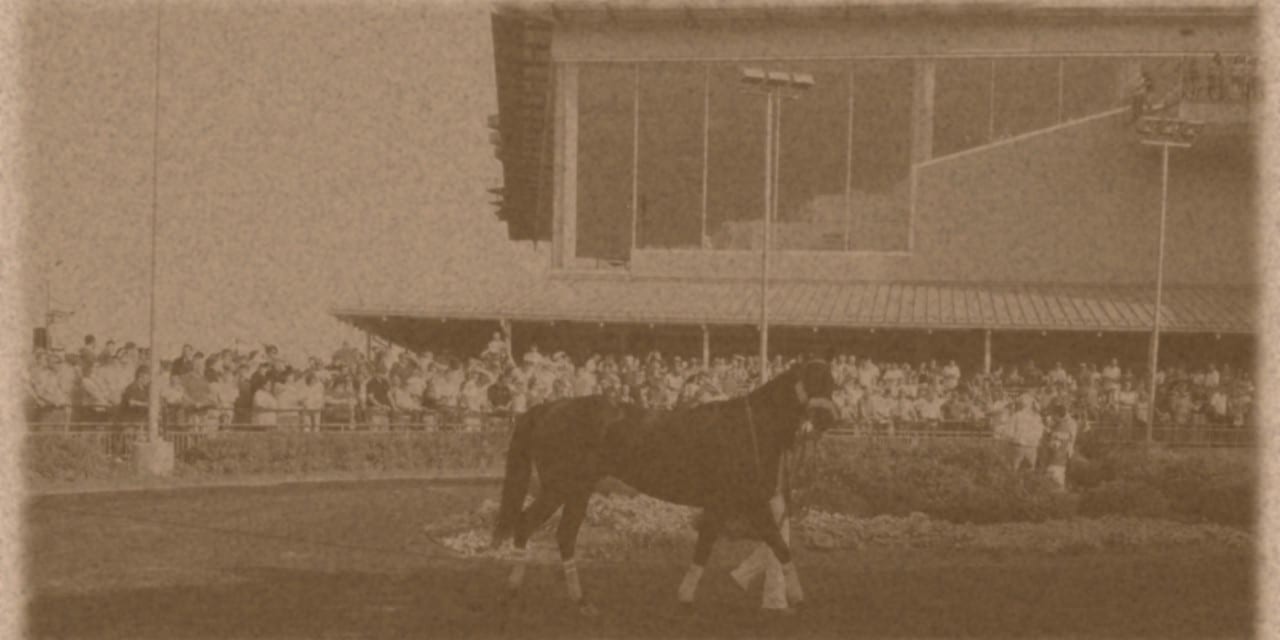by Frank Vespe
Wouldn’t want to be David Wells right now. Or, for that matter, Sam Webb or Trish Rogers.
Or, quite possibly, horse racing itself.
Those three trainers, along with Penn National clocker Danny Robertson, were arrested last Friday and taken to federal court, where the United States Department of Justice charged them with fraud. If convicted, they are looking at potential penalties of 20 years imprisonment and $250,000 fines on the federal wire fraud charges, as well as additional years and dollars on other charges.
For racing, the questions are murkier but no less troubling.
That’s because racing and its ability (or lack thereof) to police itself are also on trial here.
Webb and Rogers are both charged with possessing “hypodermic syringes and needles and bottles of medications” in a horse’s stall, while Wells, the charges claim, “routinely” injected prohibited substances into horses he trained. Robertson, the clocker, allegedly falsified workout reports or fabricated them altogether at the request of trainers.
State racing officials have already examined the Webb and Rogers cases, and both received six-month suspensions for their violations: not chicken feed, certainly, but a long way away from a visit to the big house and a six figure fine. And, while Wells may “routinely” have flouted the rules, his two medication-related violations in 2012-13, according to thoroughbredrulings.com, netted him a 15-day suspension (for a horse testing positive for the steroid Boldenone) and a $250 fine (for an overage of phenylbutazone).
To many folks involved in racing, the charges against the four, whether true or not, sound awfully garden-variety.
Of course, some trainers cheat, racing people might say — and even point to some probable suspects.
Everyone knows that workout times are unreliable, many tell each other as they ignore them in handicapping.
[boxify cols_use =”5″ cols =”5″ position =”left” order =”none” box_spacing =”5″ padding =”5″ border_width =”2″ border_color =”blue” border_style =”solid” height =”60″]Racing tends to treat its fans and bettors the same way that Hall of Fame trainer Charlie Whittingham advised treating owners: ”You treat owners like mushrooms,” he told the New York Times in 1986. ”You keep ’em in the dark and cover ’em with fertilizer.”
But when Peter Murphy, U.S. Attorney for the Middle District of Pennsylvania, which includes Penn National, began to investigate, he apparently was disinclined to wallow in manure.
Where some in racing, in other words, see garden variety foibles, Murphy sees fraud.
Where some in racing see a trainer trying to get an edge, Murphy sees an “attempt to rig a publicly exhibited contest.”
And, because horse racing tracks can accept wagers placed in other states — bettors can wager on Penn National races at 116 sites across the country, according to the US Attorney’s Office — what might once have been a purely local matter becomes, literally, a federal case.
It is, of course, for the court system to adjudicate whether Murphy’s view of events is the correct one.
But you have to wonder if Murphy’s perspective — that what’s going on is cheating and a form of fraud — is representative of how the average person perceives our sport.
And then there’s this: if Murphy’s case is successful, it won’t be the last one prosecuted — and Penn National won’t be the last track to see trainers and clockers leave the premises in cuffs.
You can bet on it.








Exactly why taxpayers are loath to support Horse Racing, and then the owners and trainers weep and wail and grind their teeth. Professional bicycle racing used to be one of the nations most popular sports and every major city had a velodrome, we never learn do we Lance.
Thanks for checking in, Kurt J. I don’t entirely agree with your premise, though; taxpayers have been only too happy to support other sports (e.g., baseball and football) that have had major drug problems, widely known by the public, for decades.